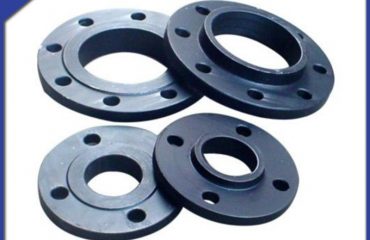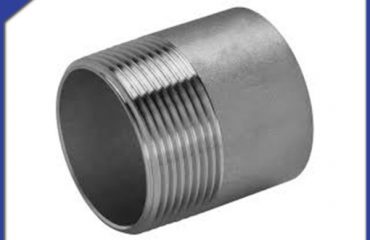
Carbon steel flanges are widely used in various industries due to their high performance and durability. The performance of carbon steel flanges is determined by several factors, including their material composition, manufacturing process, and design. In this article, we will discuss the performance of carbon steel flanges in detail.
One of the key factors that determine the performance of carbon steel flanges is their material composition. Carbon steel flanges are typically made from a combination of iron and carbon, with small amounts of other elements such as manganese, sulfur, and phosphorus. The carbon content of the flanges can vary, with higher carbon content typically leading to higher tensile strength and hardness. The material composition of carbon steel flanges also affects their corrosion resistance, thermal conductivity, and machinability.
The manufacturing process used to produce carbon steel flanges also plays a crucial role in their performance. Carbon steel flanges are typically manufactured using forging or casting processes. Forged carbon steel flanges are known for their high strength and resistance to deformation, making them suitable for high-pressure and high-temperature applications. Cast carbon steel flanges, on the other hand, are more cost-effective and can be produced in large quantities. Both forging and casting processes can produce high-quality carbon steel flanges, but the choice of manufacturing process depends on the specific application requirements.
The design of carbon steel flanges also affects their performance. Carbon steel flanges come in various designs, including slip-on, weld neck, socket weld, and threaded flanges. Each design has its own advantages and disadvantages in terms of installation, maintenance, and performance. For example, weld neck flanges are ideal for high-pressure applications, while slip-on flanges are easier to install and remove. The choice of flange design depends on factors such as the operating conditions, piping system layout, and reliability requirements.
In terms of performance, carbon steel flanges offer several key benefits. They are known for their high strength, which allows them to withstand high pressures and temperatures. Carbon steel flanges are also highly durable and resistant to corrosion, making them suitable for use in harsh environments. Additionally, carbon steel flanges can be easily machined and welded, allowing for easy installation and maintenance.
 Language
Language Espanol
Espanol English
English Italian
Italian عربى
عربى
 Skype: chinamaker99
Skype: chinamaker99  Tel: 86-316-5120812
Tel: 86-316-5120812 Email:
Email:  Whatsapp:
Whatsapp: 

